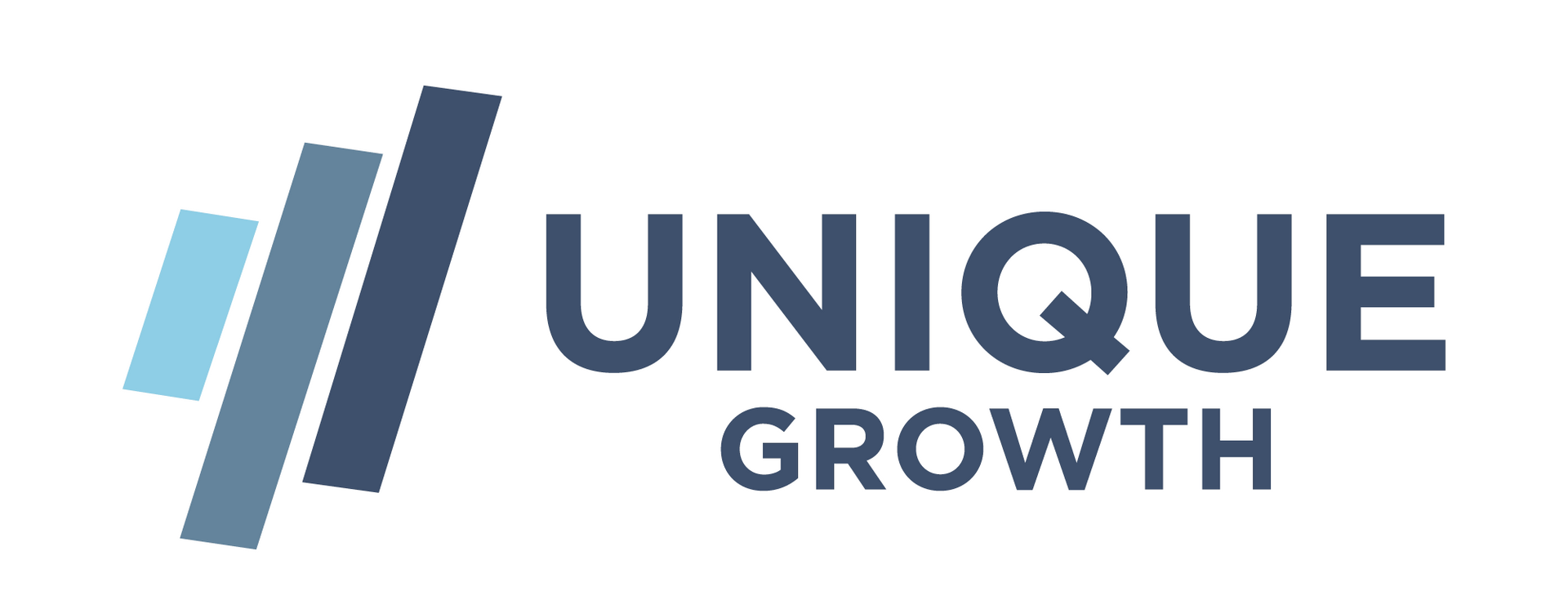How Financial Wellness Programs Can Boost Employee Retention and Productivity
In today's competitive landscape, offering financial wellness programs can be a game-changer. These programs not only reduce employee stress but also drive retention and productivity. Let’s explore how financial wellness initiatives create a win-win for both businesses and their employees.
What Are Financial Wellness Programs?
Financial wellness programs provide employees with resources and support to better manage their finances.
This can include:
- Budgeting tools
- Savings plans
- Debt management strategies
- Access to financial education
The goal is simple: help employees achieve financial stability, which leads to greater productivity and job satisfaction.
The Cost of Financial Stress
Employees under financial stress bring their concerns to work, often leading to:
- Presenteeism: Being physically at work but not fully productive.
- Absenteeism: Taking more days off due to stress-related issues.
- Reduced focus: Personal financial concerns can lead to a loss of concentration, ultimately affecting performance.
A study revealed that financial stress can cost businesses up to $8,700 per employee annually in lost productivity. This highlights the importance of addressing financial well-being as part of your overall employee support system.
Why Should Employers Offer Financial Wellness Programs?
The benefits are clear for both employers and employees:
1. Higher Productivity
When financial stress decreases, employees become more focused, leading to improved job performance and fewer distractions. Financially secure employees spend less time worrying about bills and more time contributing at work.
2. Increased Employee Retention
Workers are more likely to stay at a company that offers valuable, holistic benefits. Financial wellness programs show that employers care about their employees' futures, helping to build loyalty and long-term commitment.
3. Attracting Top Talent
Today’s workforce is looking for more than just a paycheck—they want benefits that support their well-being. A strong financial wellness program can set your company apart in recruiting top talent.
4. Healthier Workforce
Stress related to money can also take a toll on physical and mental health. By offering financial wellness programs, employers can help employees reduce stress, leading to lower healthcare costs and a healthier workforce overall.
How Employees Benefit from Financial Wellness Programs
Financial wellness programs go beyond just educating employees—they actively help them improve their lives. Here’s how:
1. Better Financial Habits
Employees learn to manage their money better, including how to budget, save, and reduce debt. These habits can prevent financial crises and promote long-term stability.
2. Confidence in Their Future
With access to tools and resources, employees feel more secure about their financial future, from everyday expenses to retirement savings.
3. Increased Savings
Programs that encourage saving for emergencies, education, or retirement empower employees to build up their financial reserves, reducing the likelihood of financial emergencies derailing their progress.
Steps to Implementing a Financial Wellness Program
Ready to launch a financial wellness program? Here’s how to get started:
- Assess Employee Needs Conduct surveys or meetings to understand the specific financial challenges your employees face.
- Offer Comprehensive Solutions Include a variety of tools such as budgeting apps, financial advisors, and debt management services to meet diverse needs.
- Promote Education Regular workshops, seminars, or online courses can help employees become more financially literate. Consider guest speakers or certified financial planners for added value.
- Encourage Engagement Promote regular use of the available tools by offering incentives for participation or by creating ongoing challenges to keep employees motivated.
Examples of Effective Financial Wellness Programs
Companies across industries are embracing financial wellness as a core benefit:
- Google: Offers robust financial education workshops, savings programs, and one-on-one counseling.
- PwC: Their financial literacy program is highly personalized, offering tools and guidance to help employees reduce financial stress and plan for retirement.
- Best Buy: This retailer offers its workforce free access to financial tools and counseling services to help employees tackle debt, save, and manage their money more effectively.
The Bottom Line: Financial Wellness Programs Create a Stronger Workforce
Financial wellness programs aren’t just perks—they’re investments in your employees’ long-term success. By providing the tools and support needed to reduce financial stress, companies can enhance productivity, increase employee retention, and build a healthier, more engaged workforce.
Take the Next Step with Unique Growth
At Unique Growth, we specialize in designing financial wellness programs tailored to your business. Let us help you create a plan that supports your employees’ financial health while boosting your company’s performance.
Visit
www.uniquegrowth.org or contact us today to get started.










